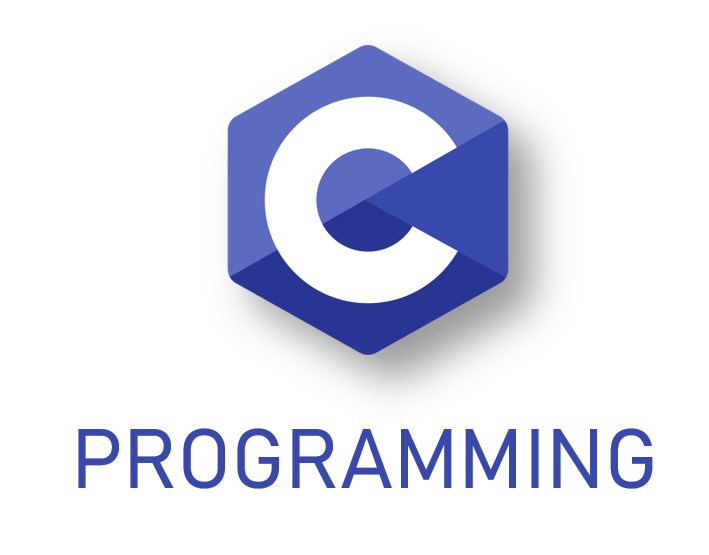
Mastering C Programming: A Step-by-Step Guide for Efficient Learning
Are you eager to dive into the programming world and want to start with the fundamentals? You can look no further than the C programming language. Known for its simplicity, power, and wide range of applications, C is an excellent choice for beginners and seasoned programmers alike. In this comprehensive guide, we will walk you through a step-by-step process to learn C programming efficiently and effectively.
Section 1: Understanding the Basics
1.1 Importance of Learning C: Discover why learning C is valuable and how it forms the foundation for many other programming languages.
1.2 Familiarize Yourself with Programming Concepts: Learn about variables, data types, control structures, and functions, essential building blocks of any programming language.
1.3 Choose the Right Tools: Explore different Integrated Development Environments (IDEs) and compilers suitable for C programmings, such as GCC, Visual Studio, or Code::Blocks.
Section 2: Grasping the Syntax and Structure
2.1 Study C Syntax: Delve into the syntax rules, keywords, and operators used in C programming.
2.2 Understand Variables and Data Types: Gain knowledge about different data types in C, including integers, floating-point numbers, characters, and arrays.
2.3 Master Control Structures: Learn how to use if-else statements, loops (for, while, do-while), and switch-case statements to control the flow of your program.
2.4 Explore Functions: Understand the concept of functions and how to define, call, and pass arguments to them.
Section 3: Applying C Programming Concepts
3.1 Practice Problem-Solving: Solve small coding challenges and exercises to reinforce your understanding of the concepts learned.
3.2 Build Simple Programs: Start with basic programs, such as calculating factorial, finding prime numbers, or sorting arrays, to apply your knowledge.
3.3 Work with Arrays and Pointers: Discover how to manipulate arrays and pointers, which are fundamental in C programming.
3.4 Utilize Libraries and APIs: Learn how to incorporate external libraries and Application Programming Interfaces (APIs) to enhance the functionality of your programs.
Section 4: Expanding Your Skills
4.1 Read and Analyze Code Examples: Study well-commented C code examples to gain insights into good programming practices and problem-solving techniques.
4.2 Join Online Communities: Engage with fellow learners and experienced programmers on platforms like Stack Overflow and Reddit to ask questions and learn from their experiences.
4.3 Contribute to Open Source Projects: Participate in open-source projects written in C to collaborate with others and enhance your skills.
4.4 Read Books and Online Resources: Explore reputable books, tutorials, and websites dedicated to C programming, such as "The C Programming Language" by Brian Kernighan and Dennis Ritchie.
Congratulations! By following this step-by-step guide, you have laid a solid foundation in C programming. Remember, mastering any programming language requires consistent practice and dedication. Don't be afraid to experiment, seek help when needed, and always stay updated with the latest trends and practices in the programming community. With your newfound knowledge of C, you are well on your way to becoming a proficient programmer and opening up exciting opportunities in the world of software development.
Remember to continuously challenge yourself, explore advanced topics like memory management, file handling, and data structures, and apply your C programming skills to real-world projects. The possibilities are endless!
Happy coding and best of luck on your C programming journey!
#cprogramming #learncoding #learnprogramming #cprogramminglanguage #learncprogramminglanguage